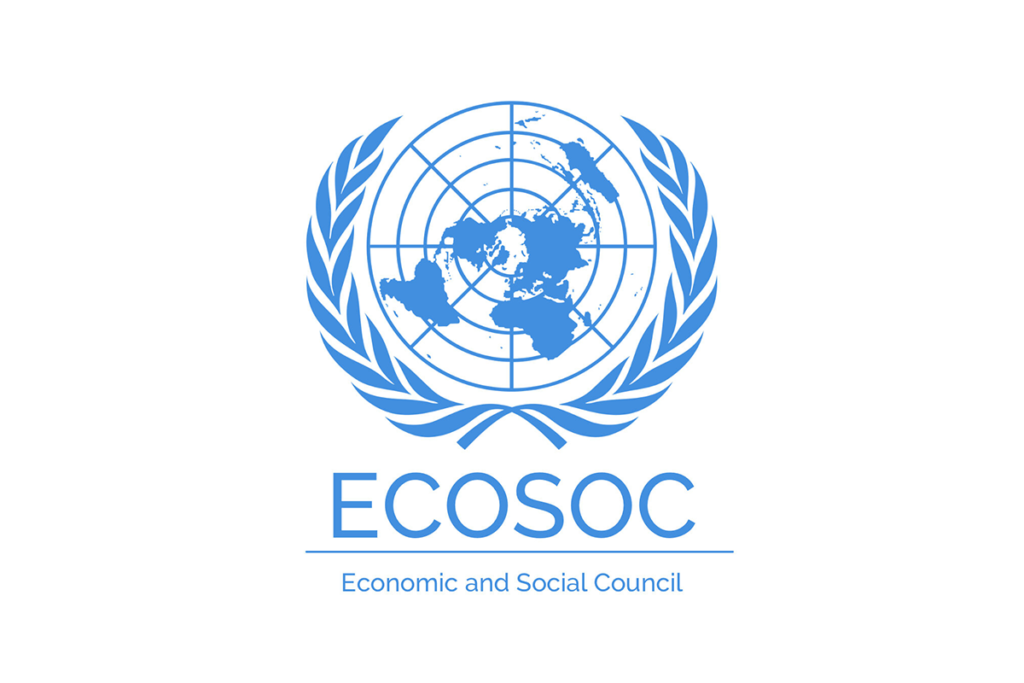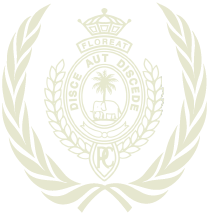Committees
WHO
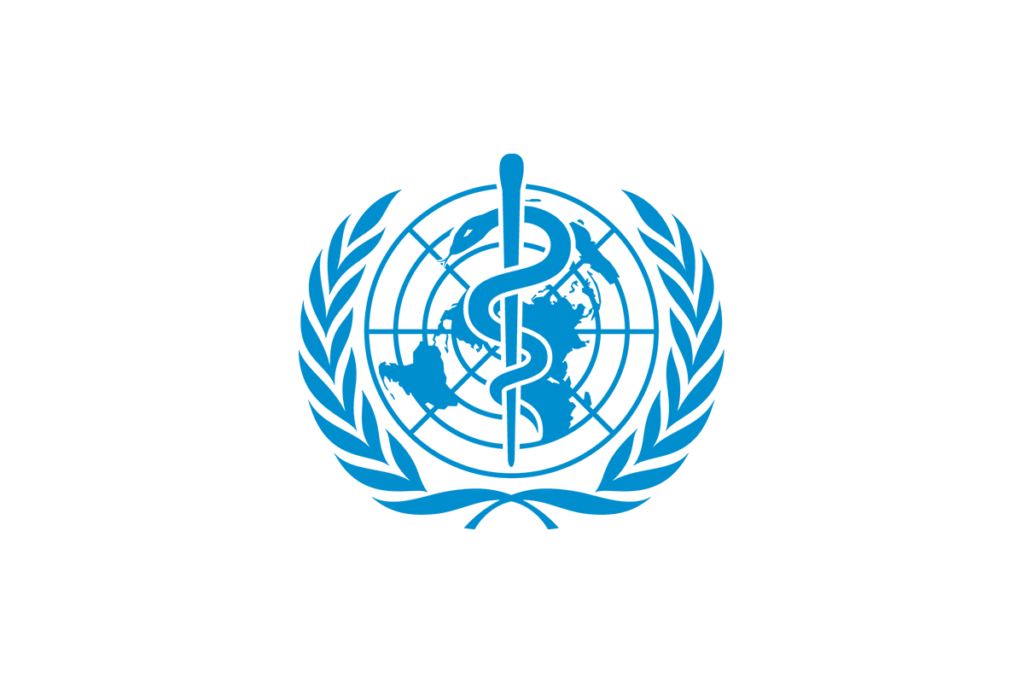
The World Health Organization (WHO) is the directing and coordinating authority on international healthcare issues within the United Nations (UN) system, promoting the attainment of the highest possible level of health by all people. WHO intervenes within six intersecting areas of work: the provision of assistance to its 194 Member States in the development of their respective health systems; the eradication of non-communicable diseases; the promotion of good lifelong health; the prevention, treatment, and care for communicable diseases; the preparedness, surveillance, and response with respect to international health emergencies; and the extension of corporate services to the organization’s public and private partners. The WHO is guided by the principle that health is a state of complete physical, mental, and social well-being and not merely the absence of disease or infirmity.
UNHRC
The Human Rights Council is an inter-governmental body within the United Nations system responsible for strengthening the promotion and protection of human rights around the globe and for addressing situations of human rights violations and make recommendations on them. It has the ability to discuss all thematic human rights issues and situations that require its attention throughout the year. The Council is made up of 47 United Nations Member States which are elected by the UN General Assembly. The Human Rights Council replaced the former United Nations Commission on Human Rights.
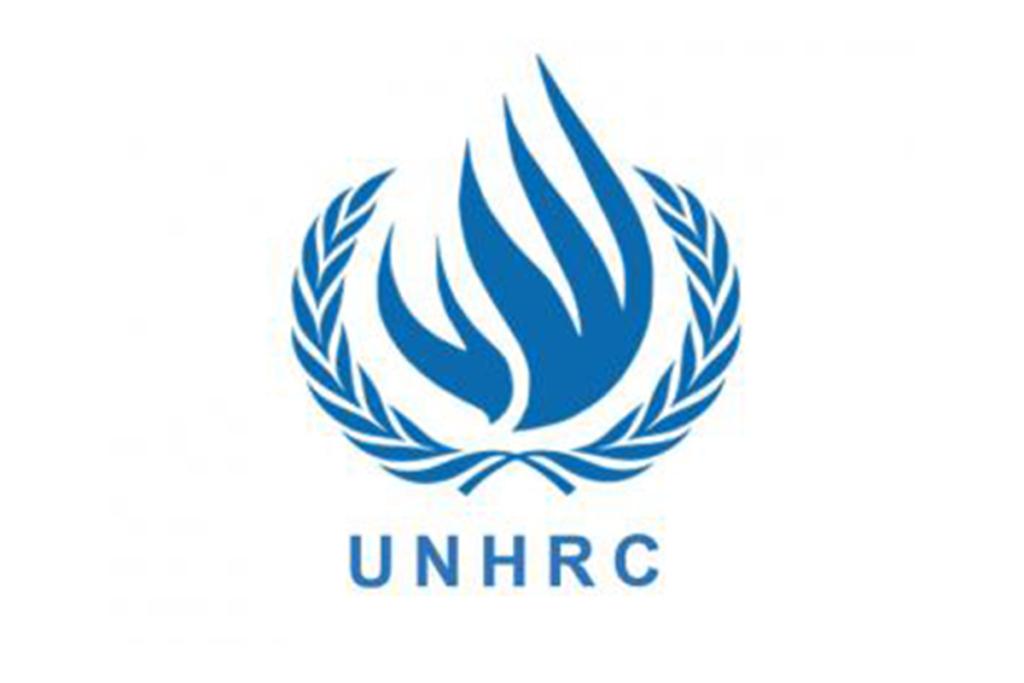
Security Council
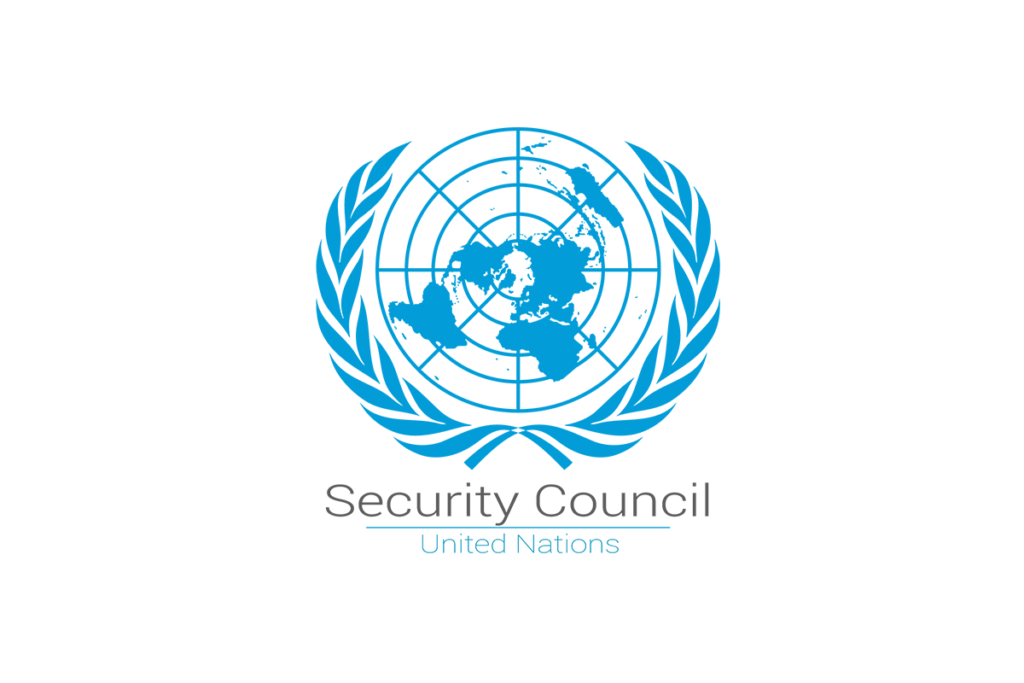
The Security Council has primary responsibility for the maintenance of international peace and security. It has 15 Members, and each Member has one vote. Under the Charter of the United Nations, all Member States are obligated to comply with Council decisions. The Security Council takes the lead in determining the existence of a threat to the peace or act of aggression. It calls upon the parties to a dispute to settle it by peaceful means and recommends methods of adjustment or terms of settlement. In some cases, the Security Council can resort to imposing sanctions or even authorize the use of force to maintain or restore international peace and security.
GA1 (DISEC)
The General Assembly First Committee: Disarmament and International Security (DISEC) deals with issues relating to disarmament, global challenges, and threats to peace that affect the international community and seeks out solutions to the challenges in the international security regime. It considers all disarmament and international security matters within the scope of the Charter or relating to the powers and functions of any other organ of the United Nations; the general principles of cooperation in the maintenance of international peace and security, as well as principles governing disarmament and the regulation of armaments; promotion of cooperative arrangements and measures aimed at strengthening stability through lower levels of armaments. The Committee comprises of all member nations of the United Nations, and even though its mandate is limited to recommendations, it has proven to be one of the most influential bodies in the United Nations, as its resolutions deal with some of the most complex topics in the international community. The Committee works in close cooperation with the United Nations Disarmament Commission and the Geneva-based Conference on Disarmament. It is the only Main Committee of the General Assembly entitled to verbatim records coverage.
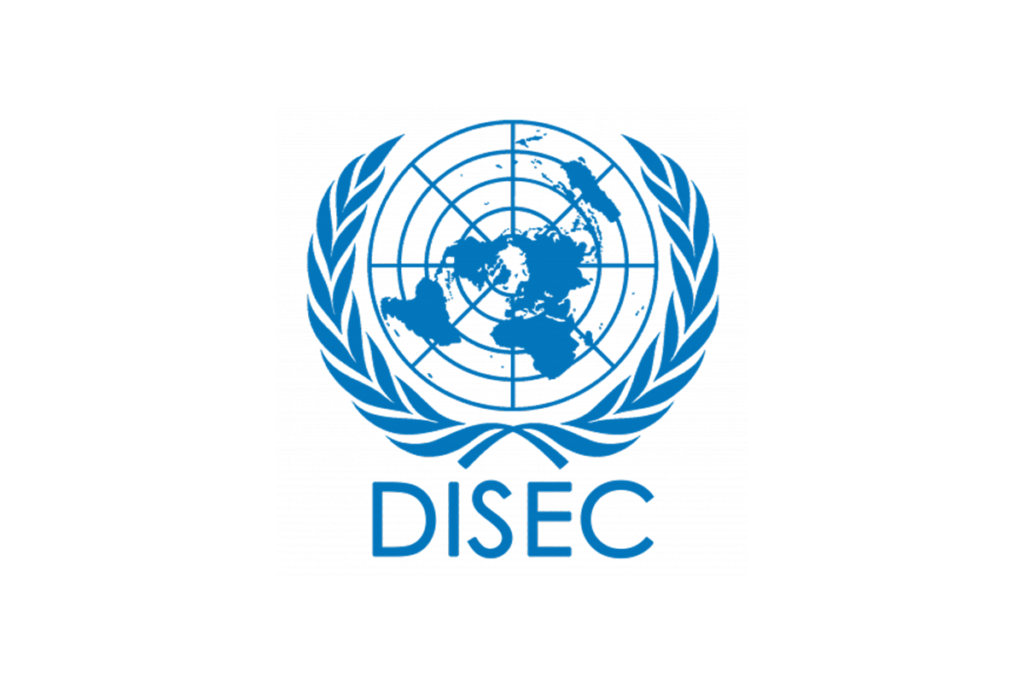
ECOSOC
